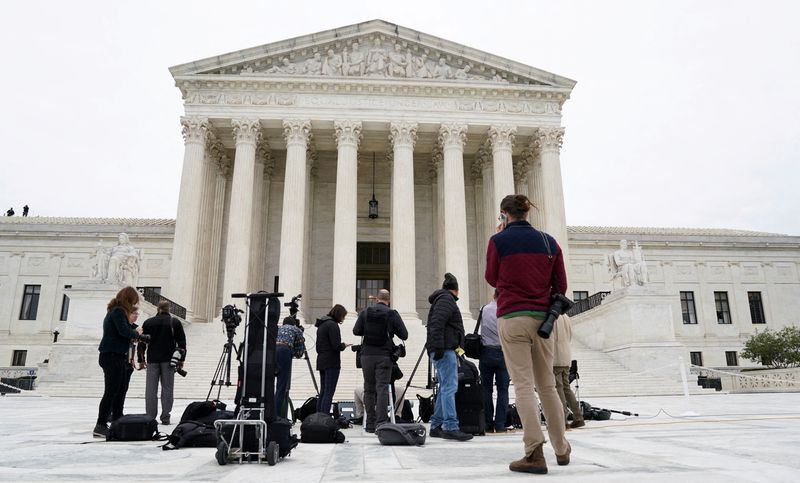303 Creative returns to trial court in wake of SCOTUS ruling on LGBTQ discrimination

After the U.S. Supreme Court decided in June that certain businesses may refuse service to customers notwithstanding states’ anti-discrimination laws, the case that prompted the ruling quietly returned to Colorado’s federal trial court on Tuesday, more than seven years after it began.
In 303 Creative v. Elenis, plaintiff Lorie Smith originally feared she would run afoul of the Colorado Anti-Discrimination Act (CADA) if she refused to create websites for same-sex weddings through her graphic design company, 303 Creative. She sued in 2016 to block Colorado from enforcing CADA against her, and for the right to alert customers on her website that her Christian beliefs prevented her from “promoting and celebrating” same-sex weddings.
Although Smith lost in the lower courts, the conservative-majority Supreme Court ruled Colorado could not force speech-based businesses to create messages that violate their beliefs. The court agreed Smith’s websites amounted to “speech.”
Lawyers for Smith and for the state appeared before U.S. District Court Chief Judge Philip A. Brimmer to discuss the remaining issues in the case. They agreed attorney fees would be addressed after the final judgment, and the parties indicated they would collaborate to draft an injunction that Brimmer could enter in Smith’s favor.
“If the parties are unable to arrive at agreed-upon language, each side can submit by the deadline their version of the proposed language,” said Brimmer, adding that he will then consider the arguments and enter an injunction against the state based on his wording.
He gave both sides until Dec. 7 to propose an order reflecting that the state cannot punish Smith for refusing to design certain wedding websites – if she even creates them in the first place. As of Tuesday, her company’s website noted that custom wedding webpages are “coming soon.”
In the early stages of the lawsuit, U.S. District Court Senior Judge Marcia S. Krieger found Smith lacked standing to bring her claims. The U.S. Court of Appeals for the 10th Circuit, by 2-1, acknowledged CADA did compel Smith to “speak” in violation of her beliefs, but the state had a compelling interest in combating LGBTQ discrimination in the marketplace.
Although the Supreme Court’s decision in Smith’s favor was narrow, her case is already being cited elsewhere in Colorado, specifically in cases where Christian litigants seek to decline service to LGBTQ populations.
On its return to the trial court, the case was reassigned to U.S. District Court Judge Charlotte N. Sweeney. However, on Oct. 31, Sweeney issued an order recusing herself. She cited the requirement that a judge recuse in circumstances where “her impartiality might be reasonably questioned.”
Sweeney, the first openly gay federal judge in Colorado, did not elaborate further. Brimmer subsequently took over the case.













